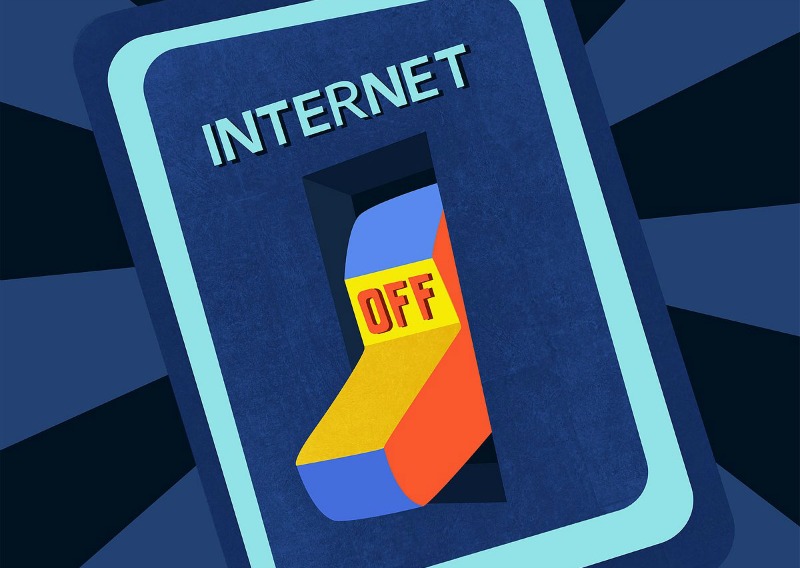When it comes to the global economy, the personal data of consumers worldwide is vital to driving high value. While it helps create new opportunities for countless businesses, it also brings new challenges and risks, especially those associated with cybersecurity.
Only ten African countries have confirmed the African Union Convention on Data Protection and Cybersecurity.
As most business transactions occur over the internet today, both businesses and their consumers are exposed to various cyber threats, including those operating and living in Africa. Lack of cybersecurity legislation is a dangerous factor, increasing the chances of exposure to hazards.
Since the pandemic, many countries have invested a lot of time, effort, and resources in reviewing their data protection and privacy regulations to ensure the highest levels of compliance and security. However, the African privacy and security laws are still vulnerable to both cyber-attacks and data privacy abuse despite their efforts.
That’s why there’s talk about creating and establishing new, more advanced, and secure data security and privacy laws in Africa.
Union Convention on personal data protection and cybersecurity in Africa
According to lawyers from multiple African countries, the African Union has recognized the great need for new data protection and cybersecurity practices on cybersecurity at a nationwide convention.
This convention is a step toward embracing new policies across the continent regarding critical aspects of the free flow of data, personal data, ICT/cyberinfrastructure, and other similar internet-based policies.
The main goal is to develop a trustworthy, safe, and secure digital space in Africa for regular and corporate internet users, with as few cybersecurity threats as possible. However, the problem is that only a few African countries have jumped on this bandwagon and ratified the convention, with many countries preventing the latest regulations from taking effect.
Because of that, some African countries are exposed to an array of different threats due to having almost no cybersecurity at all, while others rely on domestic personal data privacy regulations. These measures aren’t enough to ensure the highest level of compliance with the latest data privacy laws.
Digital trade forces Africa to implement data protection and privacy policies
If Africa is to come on board with the latest regulations, laws, and industry standards of digital trade, the African countries must implement the latest global data protection and privacy policies. Each country must be able to guarantee the safety of every internet user’s private data.
Africa must establish new regulations and laws that can resemble and even outshine the GDPR in Europe. Each country is unique with specific needs. Because of that, African countries should have clear rules on data privacy and protection, especially now that Africa is so well-connected in terms of digital trade on a global level.
Since there are now more businesses operating in Africa than ever before, there is a need for better, stricter, more user-friendly data protection laws to secure personal data during various data transfers.
Such policies will open the door to adopting the latest digital technologies and identify all the associated risks with advanced digital development. More importantly, they will also address the issue of how the personal data of consumers is used and provide a means of controlling how data is collected, processed, and transferred, both in and out of Africa.
While the latest developments in the digital business realm bring many benefits for all countries globally, they also expose countless businesses and millions of internet users to a range of risks. That’s why it’s paramount to secure personal and sensitive business data.
New developments bring new risks
Internet and mobile users generate enormous amounts of data daily. With e-commerce and mobile devices increasing daily, establishing strong data protection regulations is vital to overcoming the risks associated with such rapid development.
Such regulations are meant to ensure the protection of internet users and their fundamental rights. At the same time, such laws also help attract more foreign businesses and potential investors to Africa who want to earn by trading consumer data for business purposes.
While they should be allowed to go about their business, there needs to be a law regarding what they are allowed and not allowed to do with the personal data of African consumers. According to African data experts, data privacy regulation and protection should give Africa enough competitive advantage in the digital business world.
On the other hand, international and local data processing keeps the country liquid. With that in mind, here are a few quick tips to improve your private data protection:
● Create strong, different passwords for all your devices. If you struggle to remember different combinations, try password managers. They can keep all your passwords neatly in one place. Therefore, you will only need to remember a single password!
● Set up two-factor authentication. The latter security mechanism prevents account takeovers and data theft even if your password gets leaked. Essentially, no one can access your account without completing the third step.
● Set up various fraud alerts and other similar safety mechanisms. Some tools can help you determine when your private data is put at risk. For instance, you can receive warnings if a business you use has suffered a data breach.
● Avoid using public Wi-Fi for online shopping and banking. Criminals always look for ways to steal data. Public Wi-Fi networks are unsafe unless you download VPN services. The tools encrypt traffic and prevent anyone from seeing what you do online. Therefore, even if your data leaks in transit, it will be unusable to the perpetrators.
● Avoid oversharing your personal information online. Sometimes, users give away their data for free and entirely willingly. Therefore, experts discourage users from sharing too much online. That includes lengthy social media posts. Additionally, some companies can require your email for receiving marketing letters. Usually, it is in no way beneficial to the user.
Conclusion
Data is a new currency in online business, and cybercriminals will do everything in their power to get their hands on the endless amounts of personal, private, and business data. They can earn profits by selling this data on the dark web or using it for various security breaches, hack attacks, etc.
Therefore, having the latest data protection laws is paramount to running a prosperous country. Africa still hasn’t upgraded its data protection systems, and the continent needs to up its cybersecurity game as soon as possible.
Source NewZimbabwe



